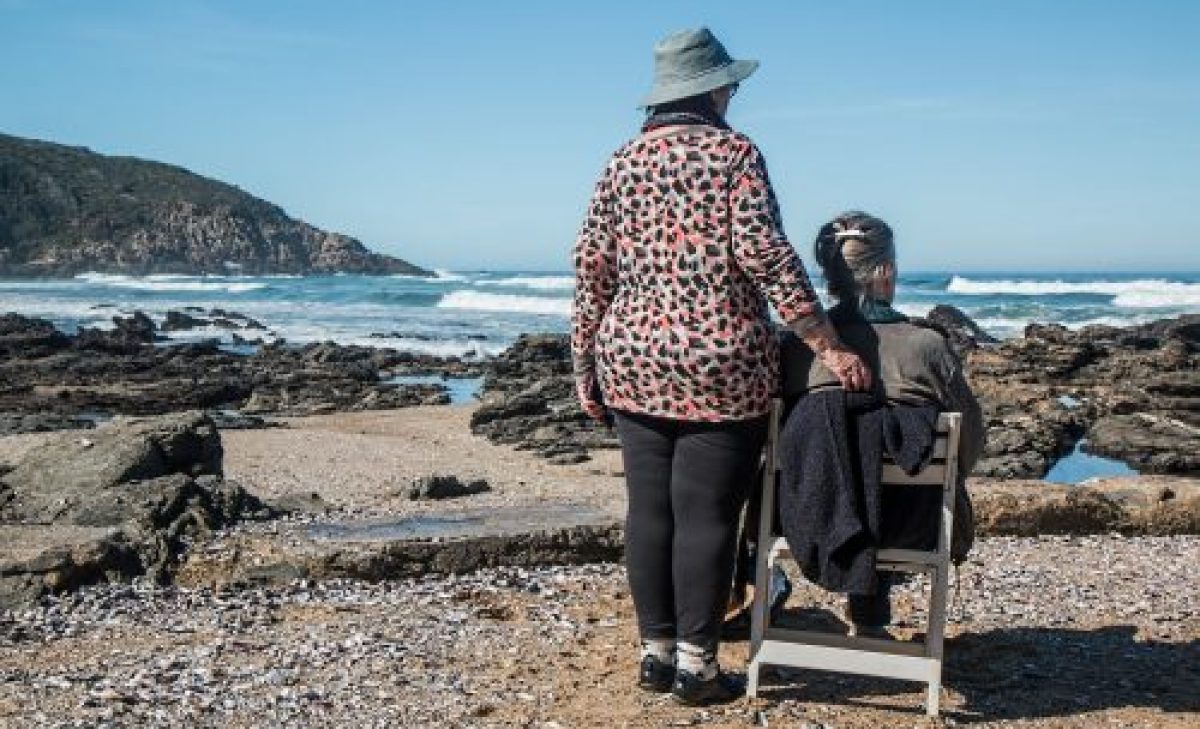Older adults’ mental illnesses, particularly depression, are often mistaken as a typical sign of aging. With that kind of mentality, the family or caregiver sometimes experience issues, such as determining whether the elderly need psychological help or not. Mental health problems among the elderly hide in plain sight, but that does not mean those conditions are not treatable. In that case, it is necessary that the family or caregivers educate themselves about the possibility of mental illness development among older adults.

Source: pexels.com
What Depression Looks Like In An Old Adult’s Perspective?
For some reason, it has been quite easy to determine if an individual is depressed. He or she can display signs such as isolation, loneliness, sadness, and anything related to emotional features and low energy levels. But for the elderly, the symptoms of depression can come quite differently. Yes, it will follow the same diagnostic criteria where experts can conclude major depressive disorder. However, the condition may show elderly behaviors and responses that are entirely different from what people usually know.
Elderly depression can somehow disregard the idea of isolation. However, if there is a chance of getting rid of social interaction, it becomes a top choice. Whether there are a lot or few people around the elderly, they don’t entirely feel anything. It is as if the elderly are not anymore interested in life and do not care about everything about the world anymore. Sometimes family and caregivers view the elderly as calm and peaceful individuals because of the less concern they show toward personal and social issues. But the truth is that apathy is a result of a mental condition that the elderly are unnoticingly suffering from.
In most instances, when someone asks the elderly what they think, they can answer directly. They pretty much seemed to understand what they want. That makes the family and caregiver believe that there is no problem because of the older adults’ confidence. But the truth is when someone asks the elderly how they feel, you will get an “I don’t know.” That is because they often get confused about their mental and emotional state. Usually, the elderly do not realize how things around them are vastly changing.

Source: pexels.com
Why Most Elderly Do Not Try And Seek Help?
Depression in the elderly is very complicated. It flies under the radar because older adults do not talk about it. Usually, they get very stubborn that they believe there is nothing wrong with them emotionally and mentally. They are the least demographic to admit that they are depressed. For these old individuals, mental illness represents weakness and a character flaw and is not a medical diagnosis. Thus, it does not deserve even the slightest attention. These elderly do not have the insight to realize and acknowledge that they need psychological help. With that approach, it becomes hard for the family, loved ones, and caregivers to take charge.
But on another note, older individuals sometimes do not seek help because they do not want to. Somehow, it all comes down to personal preferences. The majority of the elderly community are physically, mentally, and emotionally exhausted already in their previous live endeavor that they do not wish to engage in any active and fun lifestyle. But then again, it all depends on the individuals. Some older adults spend the rest of their lives doing the things they once thought never could, while others prefer to sit peacefully around the couch.

Source: pexels.com
What’s The Role Of Support?
Support from other people plays a critical role in helping the elderly recover from any mental health problem, particularly depression. They are the ones that motivate and encourage the vulnerable elderly to live the rest of their lives doing things that make them happy. These people must provide them with assistance with personal care to help them retain their independence. These supporters have the moral obligation to ensure that the elderly do not experience any physical, psychological, and emotional harm. These people are also responsible for administering medications that most elderly require. They provide practical support as well, where they assist the elderly in the household task and personal care. They focus on improving the old adult’s quality of life.

Source: pexels.com
Insight
To sum up, it is best to say that depression in the elderly is not part of aging. It is a mental condition that affects everyone, regardless of age. Therefore, it is essential that the support system of old adults understand their need for extra attention. The family, loved ones, and caregivers need to value the old adults’ needs and concerns to ensure their good health. People should significantly become aware of the elderly needs so that they can live without anxiety and worries. So to support the elderly, please improve awareness regarding the changing behavioral patterns of old adults.
